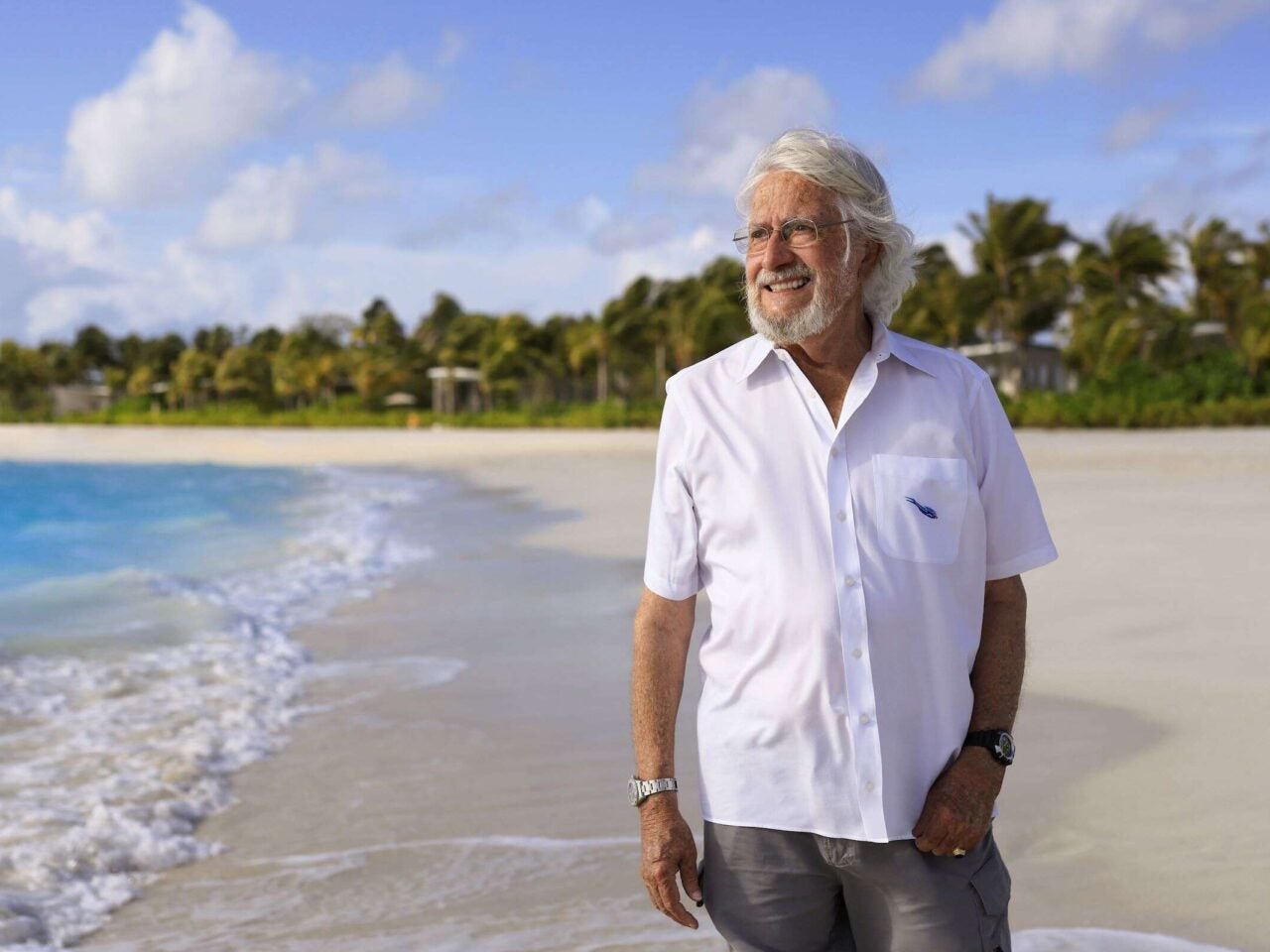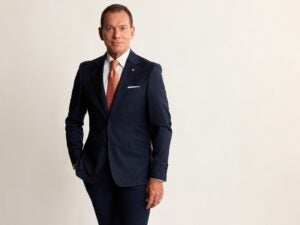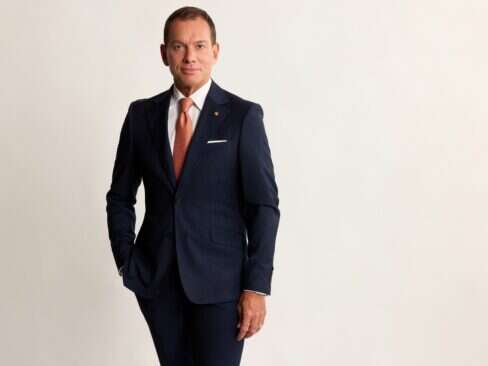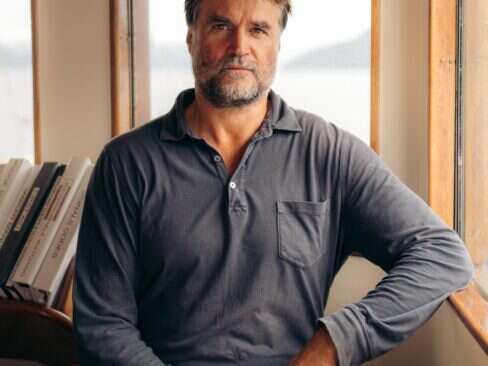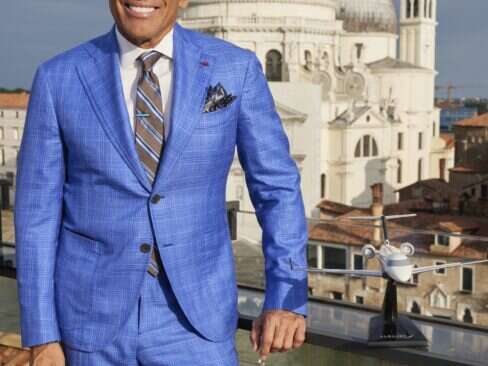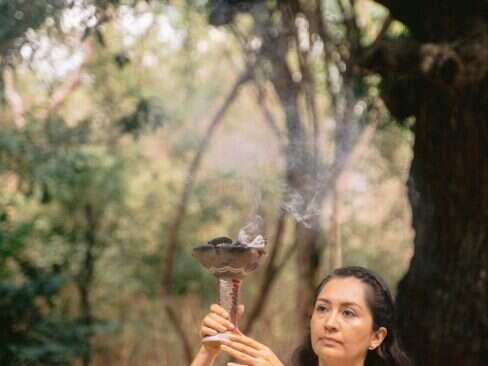“I started diving when I was seven years old,” Jean-Michel Cousteau tells me as we sip on tea and iced coffee, taking a break from the blazing Maldivian sun. “There were no regulations in those days. I’ve had the privilege of being exposed to the world at a time when there was no cell phone, no computer – and television was pretty basic. We had no connection like we have now. And I’ve been traveling all my life. Thanks to my mother and father, we were constantly going to different places, most of the time by boat.”
Things have changed quite a bit since then; Cousteau tells me about a diving experience where he was 30 ft beneath the surface and, with a cable attached to the boat that was then connected to a hotel’s communication system, he was able to answer questions while he was underwater. “I was answering people in Japan and Canada at the same time.”
This innate drive for exploration and pushing boundaries is perhaps in Jean-Michel Cousteau’s blood. His father, Jacques Cousteau, was a French naval officer, oceanographer and filmmaker; he co-invented the first successful open-circuit, self-contained underwater breathing equipment, called the Aqua-Lung, which assisted him in creating some of the first underwater documentaries.
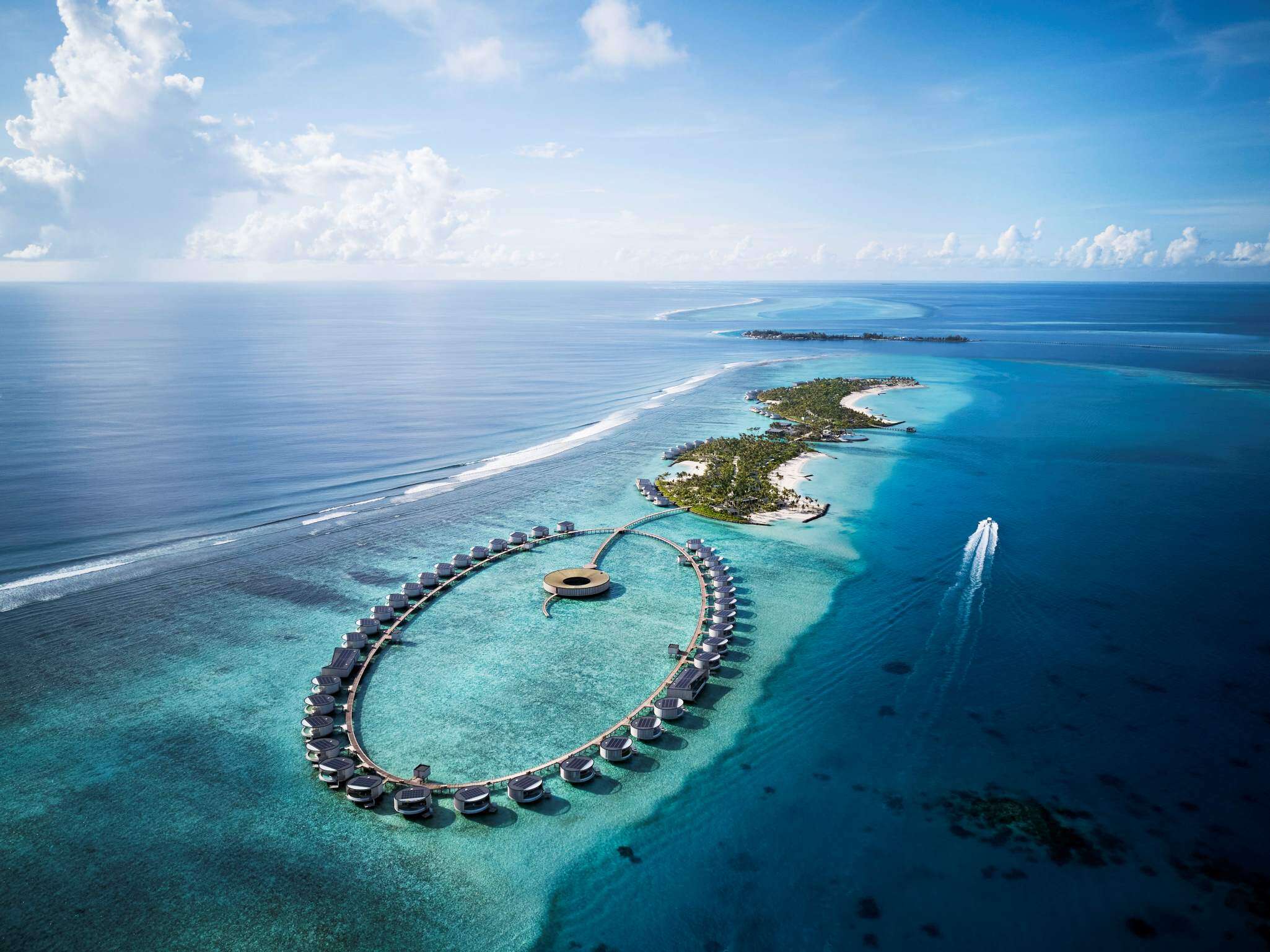
Cousteau tells me that he would go diving in the mornings before school and that he has been diving every morning since arriving at The Ritz-Carlton Maldives, Fari Islands resort a few days ago. Growing up spending such a huge amount of time at sea has had a profound impact on the 86-year-old: “I was going in the ocean all the time — sometimes before school — it has had an effect on the rest of my life. I am so honored to be able to do that; I have been diving for 78 years. This morning I was diving, and I am looking forward to diving tomorrow morning.”
Jean-Michel Cousteau recalls a sailing trip to New York City with his father and a cameraman as they were filming a documentary. “My father was talking to me about expeditions. Suddenly, he turned his head to me and said ‘It is you, Jean-Michel, you will carry on the flame of my faith.’ And ever since then, I have never stopped because I have a mission. I was already in that environment; learning, involved in film production… and since then, I have never stopped, and I never will.”
And that flame is certainly burning – Cousteau is visiting the resort for the Ambassadors of the Environment program. The educational initiative promotes environmental awareness and stewardship; hands-on learning experiences are combined with scientific explanations to inform participants about the environment. The program champions the importance of understanding ecosystems, as Cousteau explains: “Ocean exploration is critical; there are millions of species that we don’t know exist. There are dozens that we do know but we don’t understand their behavior or what they depend upon.”
The Ambassadors of the Environment program aims to inspire individuals to appreciate and actively participate in preserving the natural world, and is especially aimed at younger people. “After decades of exploring and meeting scientists, I decided that I wanted to have a program to share with young people – the future decision-makers. The future generations will have all the information and decision power to protect what we all depend upon. If you protect the ocean, you protect yourself.”
[See also: Stefano Pileggi on Curating the World’s Rarest Spirits at Collezione]
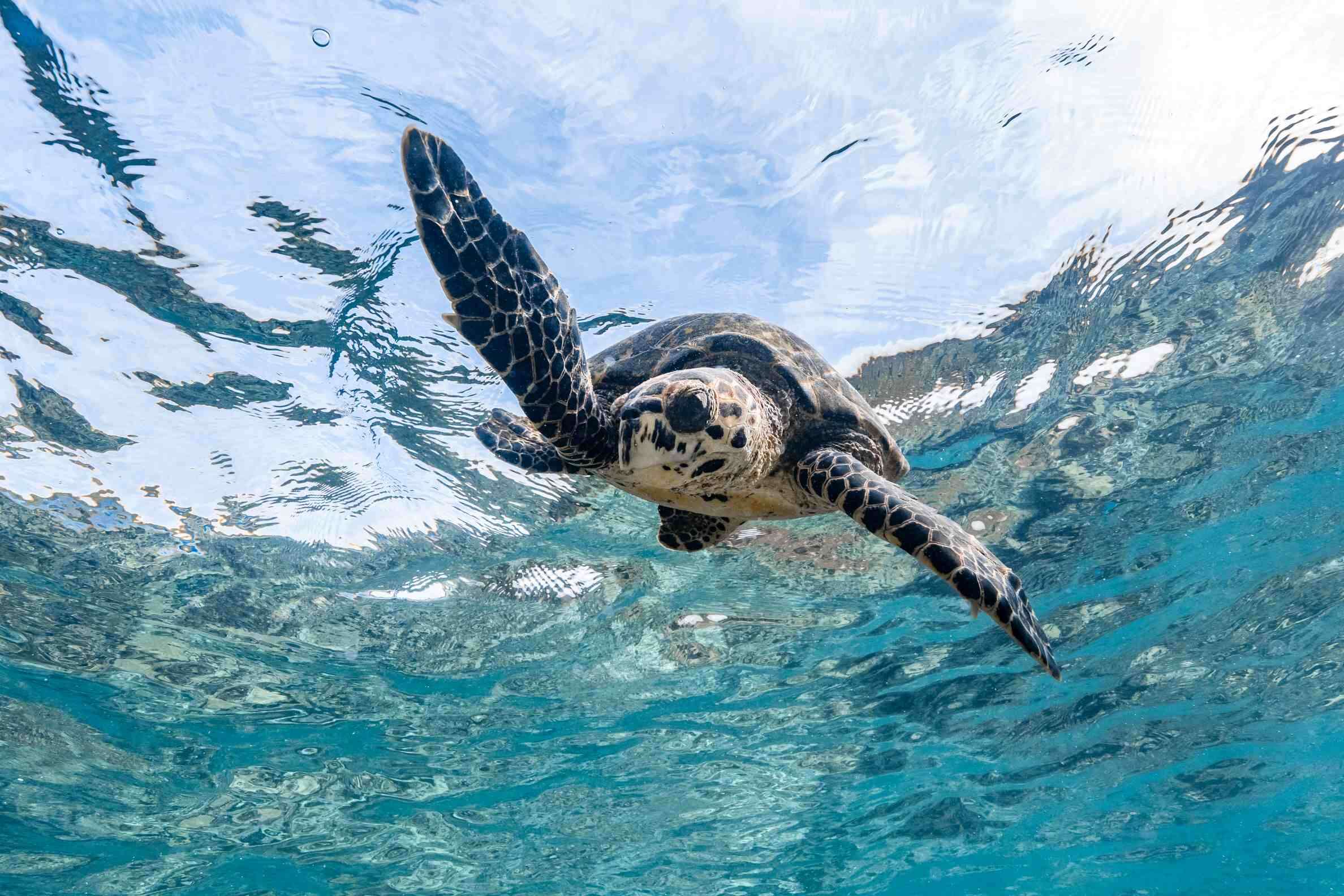
The Ambassadors of the Environment program at The Ritz-Carlton Maldives, Fari Islands is the first in the Asia-Pacific region (the program is exclusive to the hotel brand and is available at select resorts around the world, including The Ritz-Carlton Maui, Kapalua; The Ritz-Carlton, Grand Cayman and The Ritz-Carlton Bacara, Santa Barbara — each program is tailored to the location’s natural environment).
At our current location in the Maldives, guests can learn about the rich and diverse natural wonders both above and below water. A team of Cousteau’s marine biologists is exploring the outer reef of the atoll using a drone; guests can watch the footage in real time and learn about the team’s ongoing research using marine conservation technology, and how drones are being used worldwide in conservation efforts. I’m told that at this resort, the drone has spotted marine life that is entangled in fishing nets, and the team members have been able to free them.
The day after I spoke with Jean-Michel Cousteau, I joined one of the program’s snorkeling outings. Before putting on our flippers and snorkels, we learned about the reef and the marine life that resides within it. Sailing out into the Indian Ocean, we were lucky enough to spot a few turtles — Cousteau shared the younger divers’ joy; even after 78 years of diving, his enthusiasm and deep respect for the ocean and its inhabitants is nothing short of inspirational.
That evening, an open-air cinema is set up where we gather to watch one of Jean-Michel’s documentaries, and we are each presented with a signed copy of said documentary. As the credits roll, Cousteau takes the mic to answer questions from the audience. A young American guest asks him how he stays so positive, as many young people interpret the environmental challenges that we are currently facing as bleak, with a feeling of hopelessness about the future. Cousteau pauses before explaining that education is key — understanding the impact that we have on our environment and how our decisions can make a difference, no matter how small they may feel. I am reminded of our conversation the previous day, where Cousteau explained that while he is very concerned about the future, we are the only species that can make a difference. “My goal is never to criticize or point to finger — my goal is to reach people’s hearts.”
[See also: Don Julio Offers Entire Casks of 1942 Tequila For the First Time]





